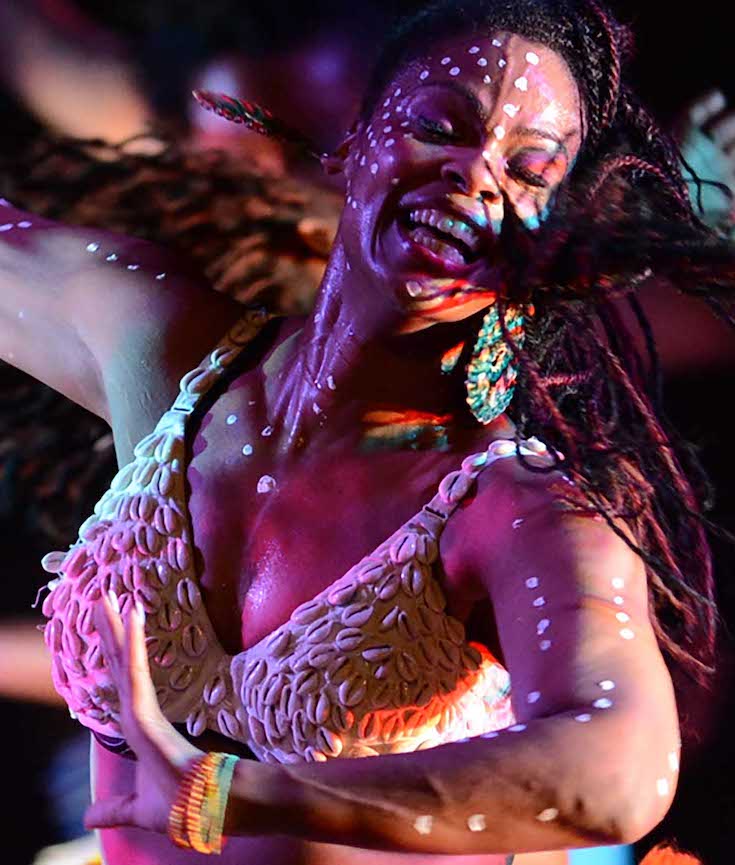Greetings of “Habari gani?” the Swahili words meaning “what’s the news?” echoed along the halls of West Philadelphia High School where dozens gathered on Thursday in celebration of the 50th anniversary of Kwanzaa.
The attendees were excited to greet and welcome Maulana Karenga, the creator of Kwanzaa, to the annual community event hosted by the Philadelphia Chapter of NAKO (National Association of Kawaida Associations and Committee). “Kwanzaa,” Karenga wrote in an earlier message, “was conceived, created and introduced to the African community as an audacious act of self-determination.”
[mc4wp_form id=”6042″]
The Kwanzaa holiday is celebrated each year on December 26 through January 1 by African Americans as a way to reaffirm their heritage that is rooted in African culture and reflected in the best practices of African-American people. Its origins are based on the agricultural celebrations of Africa (African Harvest Festivals) called “first fruits” celebrations, and focuses on fundamental collective values called “Nguza Saba,” which in Swahili means the “Seven Principles” designed to build strong and wholesome communities.




Kwanzaa (/ˈkwɑːn.zə/) is a week-long celebration held in the United States and in other nations of the Western African diaspora in the Americas. The celebration honors African heritage in African-American culture, and is observed from December 26 to January 1, culminating in a feast and gift-giving. Kwanzaa has seven core principles (Nguzo Saba). It was created by Maulana Karenga and was first celebrated in 1966–67.
Maulana Karenga created Kwanzaa in 1966, as the first specifically African-American holiday. According to Karenga, the name Kwanzaa derives from the Swahili phrase matunda ya kwanza, meaning “first fruits of the harvest”, although a more conventional translation would simply be “first fruits”. The choice of Swahili, an East African language, reflects its status as a symbol of Pan-Africanism, especially in the 1960s, although most of the Atlantic slave trade that brought African people to America originated in West Africa.
Kwanzaa is a celebration that has its roots in the black nationalist movement of the 1960s and was established as a means to help African Americans reconnect with their African cultural and historical heritage by uniting in meditation and study of African traditions and Nguzo Saba, the “seven principles of African Heritage” which Karenga said “is a communitarian African philosophy”. For Karenga, a major figure in the Black Power movement of the 1960s and 1970s, the creation of such holidays also underscored an essential premise that “you must have a cultural revolution before the violent revolution. The cultural revolution gives identity, purpose and direction.”
During the early years of Kwanzaa, Karenga said that it was meant to be an “oppositional alternative” to Christmas. However, as Kwanzaa gained mainstream adherents, Karenga altered his position so that practicing Christians would not be alienated, then stating in the 1997, Kwanzaa: A Celebration of Family, Community, and Culture, “Kwanzaa was not created to give people an alternative to their own religion or religious holiday.”
Many African Americans who celebrate Kwanzaa do so in addition to observing Christmas. (Wikipedia)




You must be logged in to post a comment.